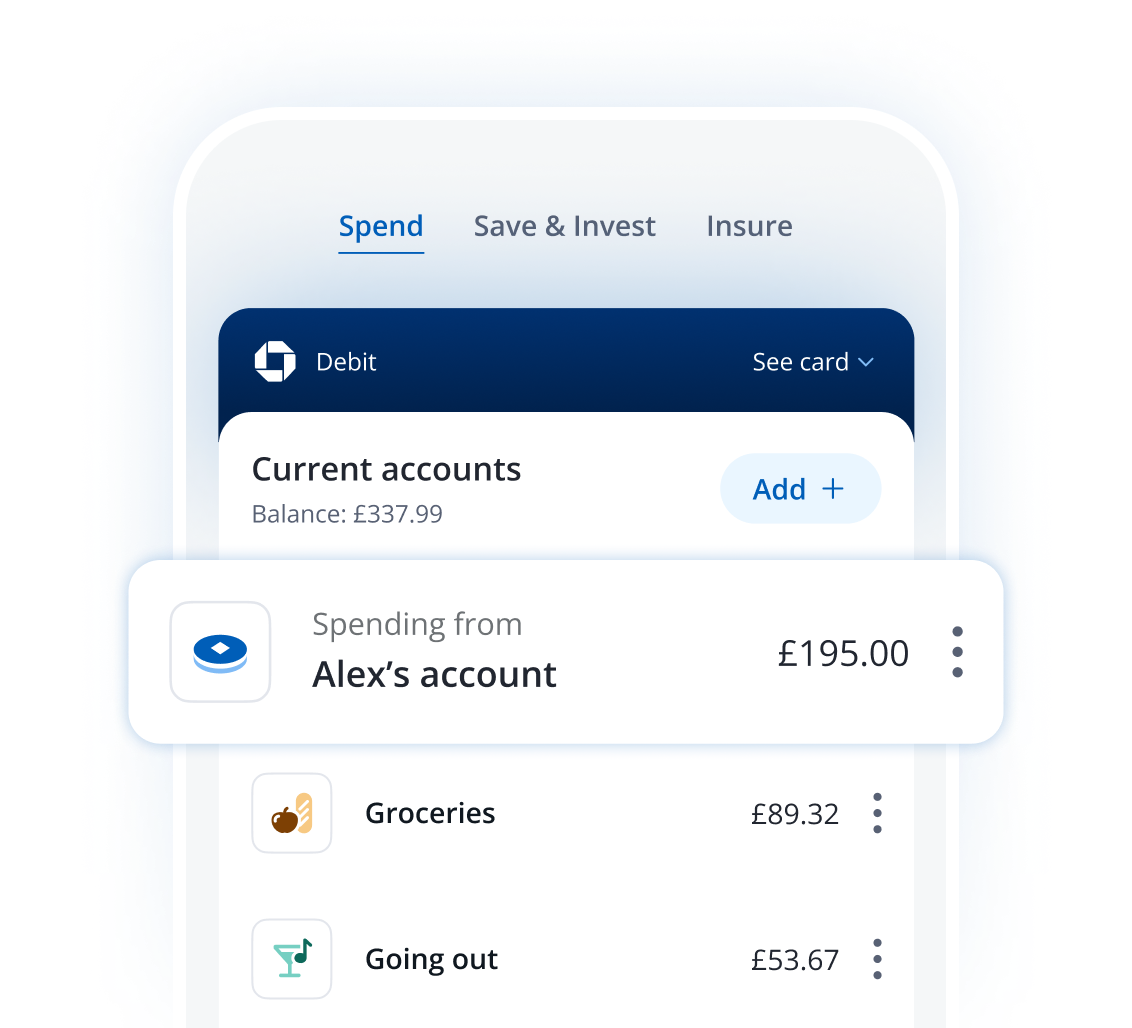Our articles

5 ways you could get the most out of your current account
4 min

5 humble habits to help build serious savings
4 min

Kakeibo: The Japanese art of budgeting and saving money
5 min

What is cashback and how does it work?
4 min

Don't let your digital footprint become a way for fraudsters to steal your identity
4 min

What does it take to become an ISA millionaire?
5 min
Open a free current account
Join millions of people who already bank with us.




